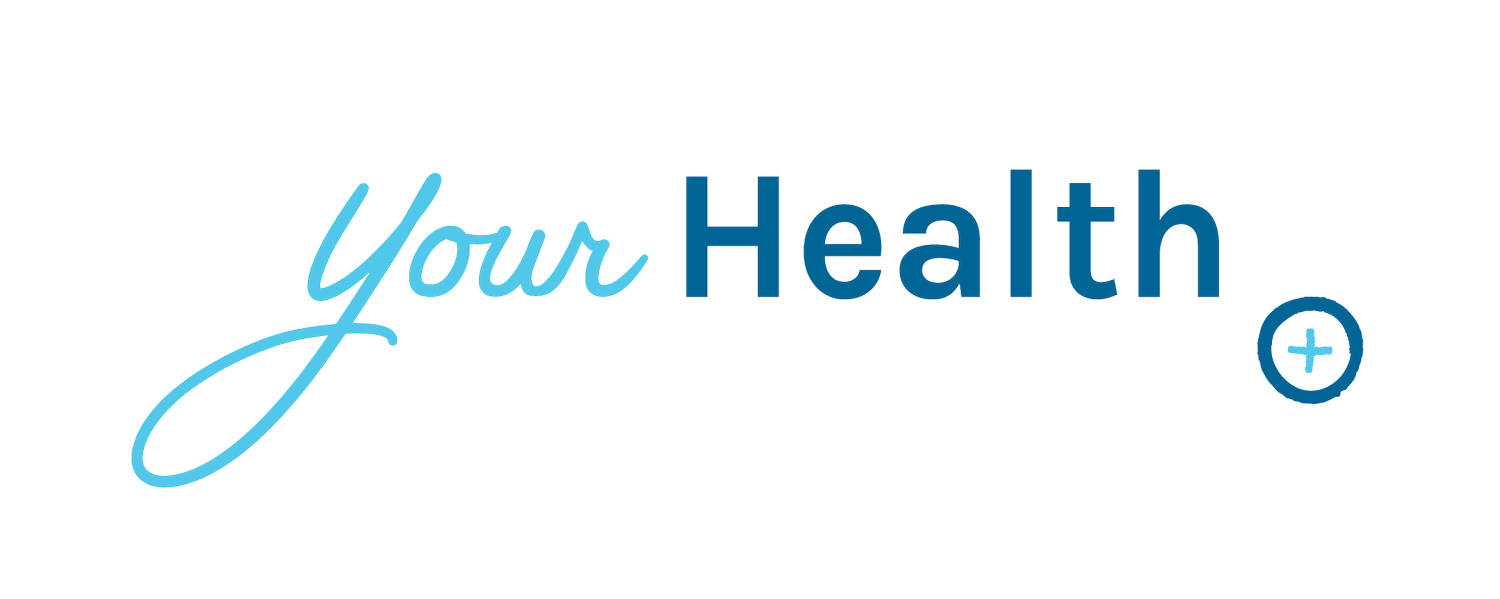Hope and Support: Navigating Breast Health
WRITTEN BY: JOE NESTER
It was still dark on an early October morning when Martha dressed and prepared for her annual medical appointment. Martha, a 54-year-old mom of two adult children, had performed this routine each year for the last 14 years. Her appointment was for a mammogram screening, and since there was a history of breast cancer in her family, it was not something she took lightly. The exam was short, usually taking less than ten minutes, and the discomfort she felt during the exam was well worth the peace of mind it provided for the rest of the year. In addition to her yearly screening, Martha had also committed to performing a breast self-exam once a month.
Every October is breast cancer awareness month, where organizations throughout the world bring added focus to the disease and the preventative measures women can take for early detection. Unfortunately, there are disparities in available care, and women who live in underserved, economically challenged urban areas and many rural areas face challenges to care because of fewer healthcare providers, hospitals, and specialized services. Some organizations, like the National Breast Cancer Foundation (NBCF), have adopted the theme "Helping Women Now." The foundation seeks to help women by providing hope to those affected by breast cancer as well as supporting early detection and education.
Understanding that each person's experience with breast cancer is unique, treatment is approached with care based on the specific type, stage, and characteristics of the cancer, as well as the patient's overall health. There are various options available, including surgery, radiation therapy, chemotherapy, hormone therapy, targeted therapy, and immunotherapy. Each treatment plan is thoughtfully personalized, with support from a team of compassionate specialists, including oncologists, surgeons, and radiologists, who work together to provide the best possible care for each individual. You are not alone in this journey; every step is taken with your well-being in mind.
With "Your Health," the Primary Care Providers and Specialists are on the same team, creating simplified logistics and improved communication that takes the burden of obtaining care from the patient. "Your Health" medical services, including Primary Care, Specialty Care, mobile diagnostics, and remote patient monitoring (RPM), are all available in the comfort of your home, workplace, traditional doctor's office, or through telehealth appointments. Your Health's ability to serve patients in rural or underserved locations further eliminates barriers to medical services.
